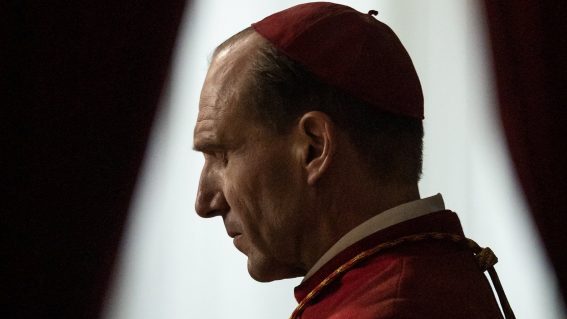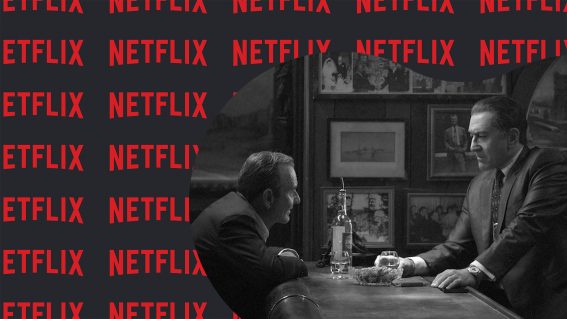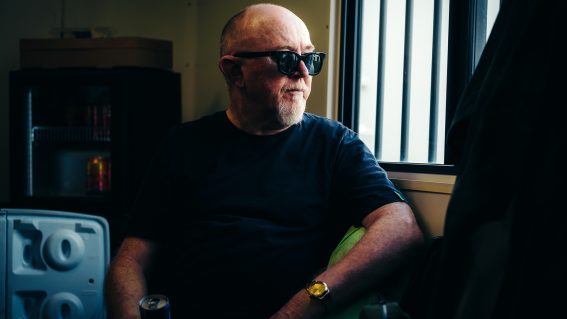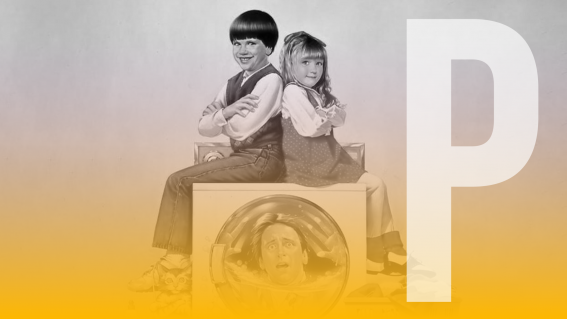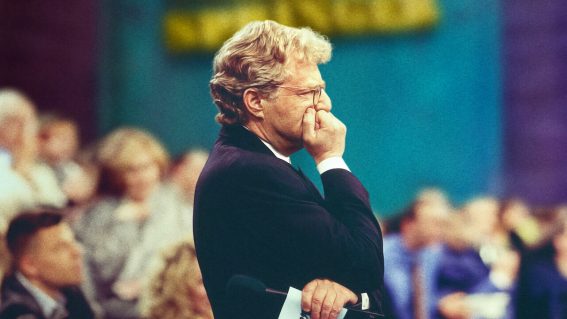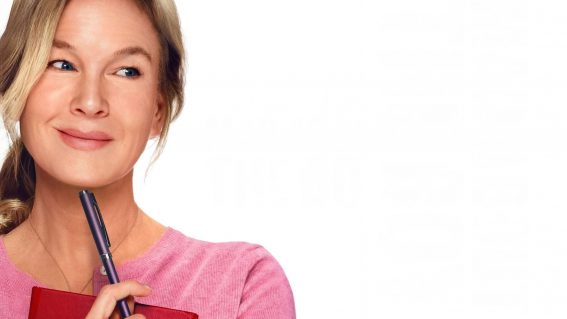Plane crash survival drama Dear Edward reminds us that everyone loves a good cry

We’re all drowning in content—so it’s time to highlight the best. In her column, published every Friday, critic Clarisse Loughrey recommends a new show to watch. This week: Apple TV+’s tissue box drama Dear Edward.
Television would have us think we all have about a 50-50 chance of dying in a plane crash. In the past couple of decades alone, it’s been the inciting incident of (deep breath) Lost, Yellowjackets, Departure, Vagabond, The Wilds, Manifest, Emergence, Wrecked and, now, Apple TV+’s tearjerker drama Dear Edward. I get it. Despite plane crashes being an extraordinarily rare way to die, it’s the one that reliably creeps into the imagination of even the most mildly anxious person each time they ride that rattling tin can in the sky.
These shows dwell in that subconscious space that comes alive in the minutes before we finally fall asleep. They drink from the well of catastrophic thinking. They force us to imagine the kind of people we’d become when pushed to our greatest extremes. That’s exactly where Dear Edward sits, at least—a series that tracks the intersecting lives of the partners, progenies, and siblings of the victims of a horrific plane crash, plus its sole survivor Edward (Colin O’Brien).
The kid lost his parents (Brian d’Arcy James and Robin Tunney) and his brother Jordan (Maxwell Jenkins). He’s sent to live with his aunt Lacey (Taylor Schilling), who’s still processing the grief of multiple miscarriages. Adriana (Anna Uzele) lost her grandmother, a well-loved congresswoman whose death leaves a sudden political vacuum. Kojo (Idris DeBrand) arrives from Ghana after the loss of his sister, with the intention of bringing her daughter back home. Linda (Amy Forsyth), whose boyfriend was on the flight, is four months pregnant. They hadn’t told either of their families.
In a departure from Ann Napolitano’s original novel, published in 2020, the series deliberately decentres Edward in order to fully explore these characters. They meet, regularly, at a support group that the airline has decided to fund for three months (and three months only). It’s wildly unrealistic that there’d be quite so much interpersonal drama stemming out of the tragedy. There are two closeted characters (and Dear Edward only acknowledges this supposed coincidence in the final episode) and multiple affairs. Everybody’s hooking up with everybody. Clearly, no one listened to Keanu Reeves in Speed when he warned that “relationships based on intense experiences never work.”
But there’s a purpose to Dear Edward and a comforting sense of release that comes with all the misery. We tend to be quite forgiving of this blatant sort of manipulation because they help put our own pain in perspective, or at least make us feel less alone in it. And creator Jason Katims, of Friday Night Lights fame, has locked his eye on the prize—Dear Edward being unashamedly positioned as a successor to the recently concluded, and wildly popular, weepy drama This is Us. I think the gambit could very well work.
The series, most crucially, has a strong cast that help to water down a little of the sentimentality. For every soft-rock anthem, for every strained imaginary conversation Edward has with Jordan, you get a scene of Taylor Schilling tearing her heart out as a woman faced with a very complicated, fractured sense of motherhood. Or you get Connie Britton—as wealthy widow Dee Dee—reminding us that even vaguely ridiculous people still experience profound emotion. She’ll say something like “with all due respect, just shove your kombucha up your ass” moments before nailing some absolutely heart-wrenching monologue. Everybody loves a good a cry, in the end. And Dear Edward seems like a safe space to do it in.



